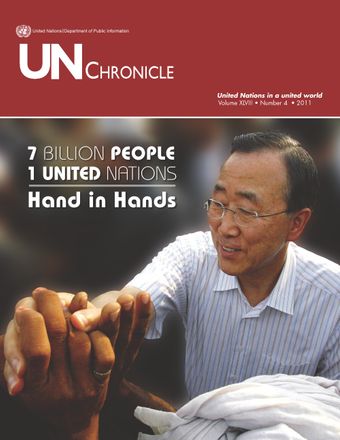-
Human rights and the UN: Progress and challenges
- Source: UN Chronicle, Volume 48, Issue 4, Dec 2011, p. 18 - 22
- French
-
- 31 Dec 2011
Abstract
Enduring structural improvements in human rights are very difficult to achieve. Global indices suggest that the world is little different today from a decade ago. In 2002, Freedom House, a non-governmental organization in the United States, recorded that 85 states were “free”, 59 were “partly free” and 48 were “not free”. In 2011 only two additional countries were judged “free” and one fewer “not free”. The Political Terror Scale, an annual report which focuses on integrity violations and which is compiled from reports of Amnesty International and the US State Department, tells a similar story. On a scale of 1 to 5, with 1 being the best and 5 the worst, the global average in 2001 was 2.58. Despite differences within data, the global average in 2010 remained at 2.58. This apparent intractability seems to confirm mounting evidence that foreign assistance for governance and human rights are unlikely to deliver sustainable national improvements without genuine local political leadership. These figures might also tell us that in the face of strong countervailing forces, the United Nations has to run just to stand still.
© United Nations



